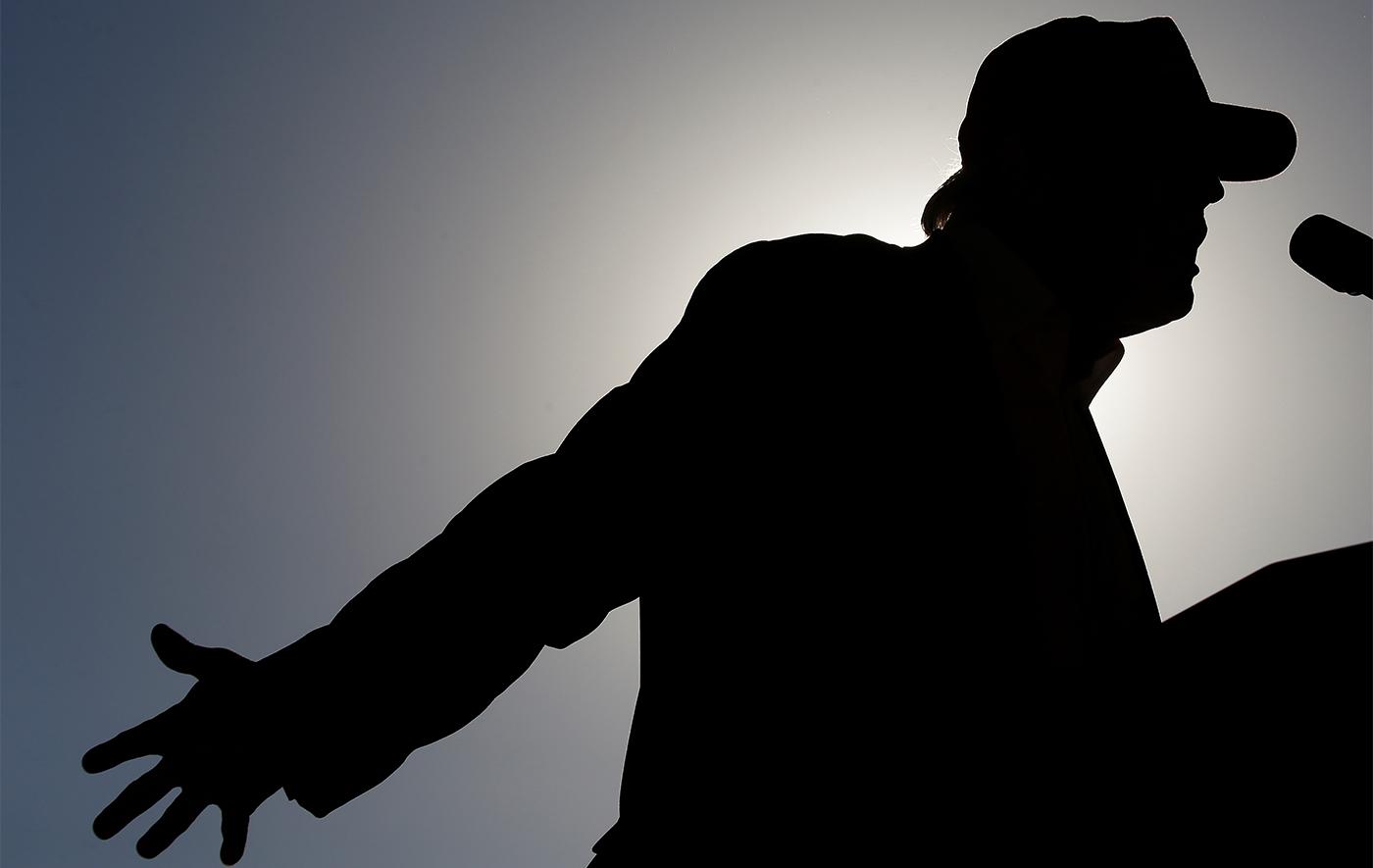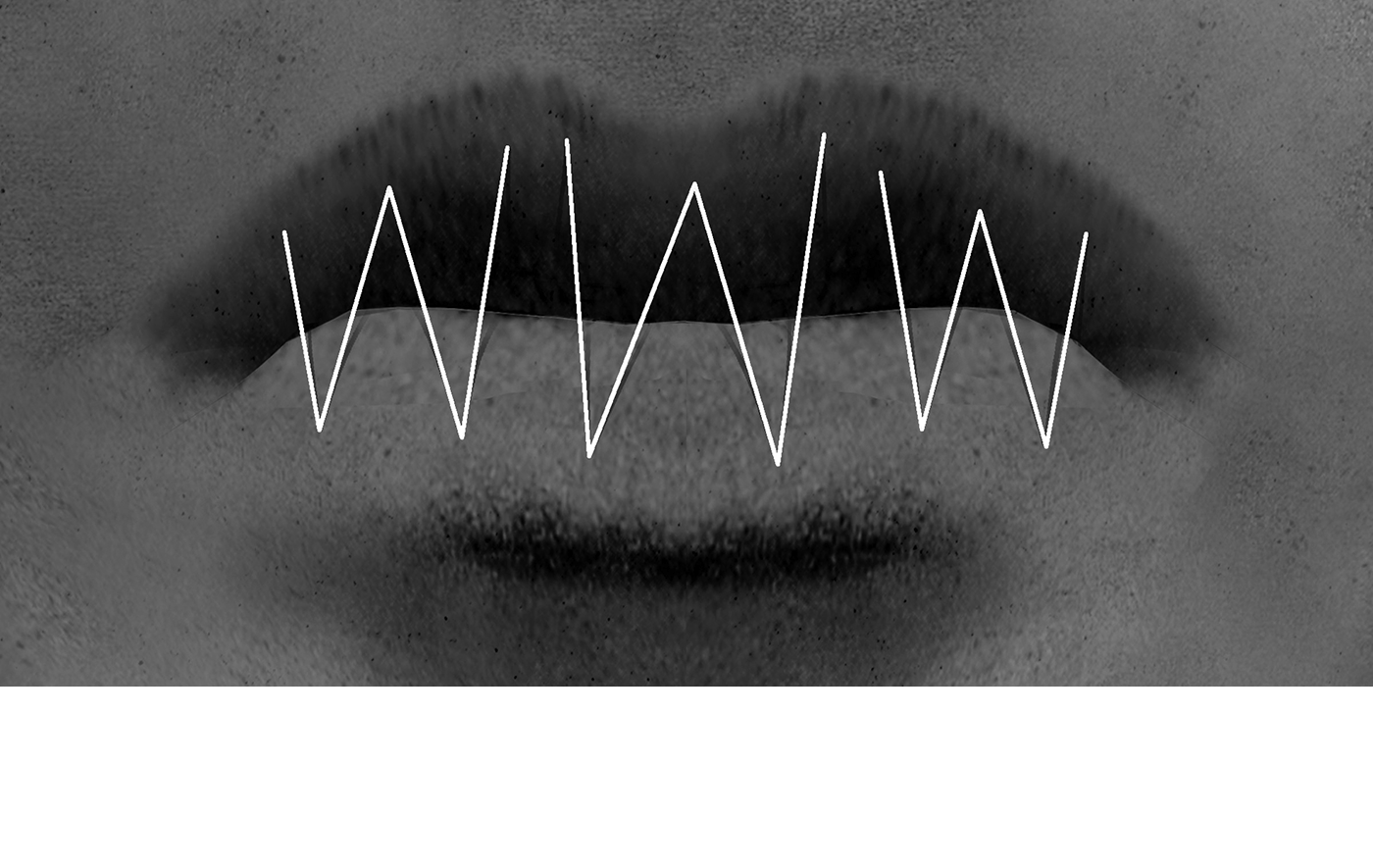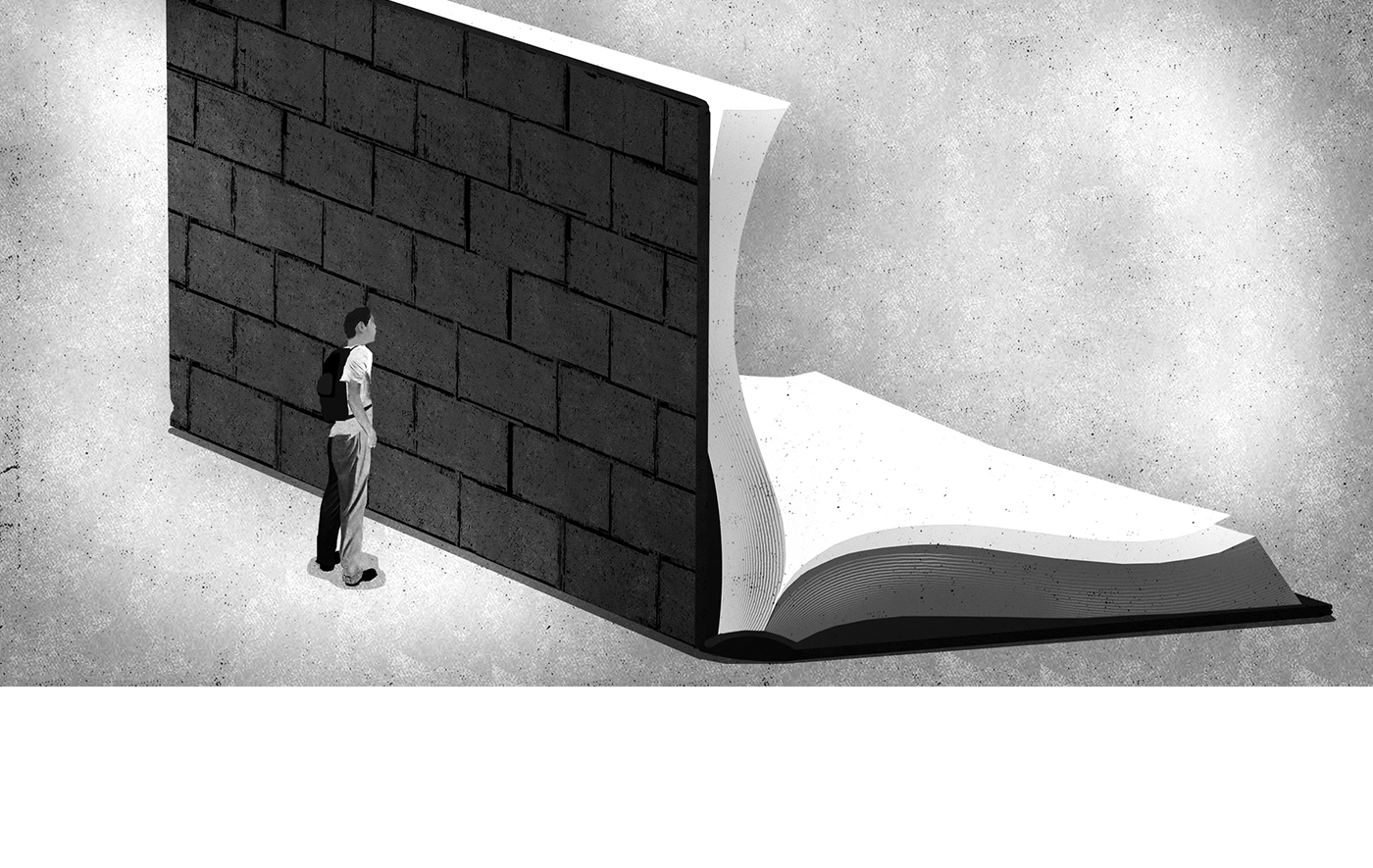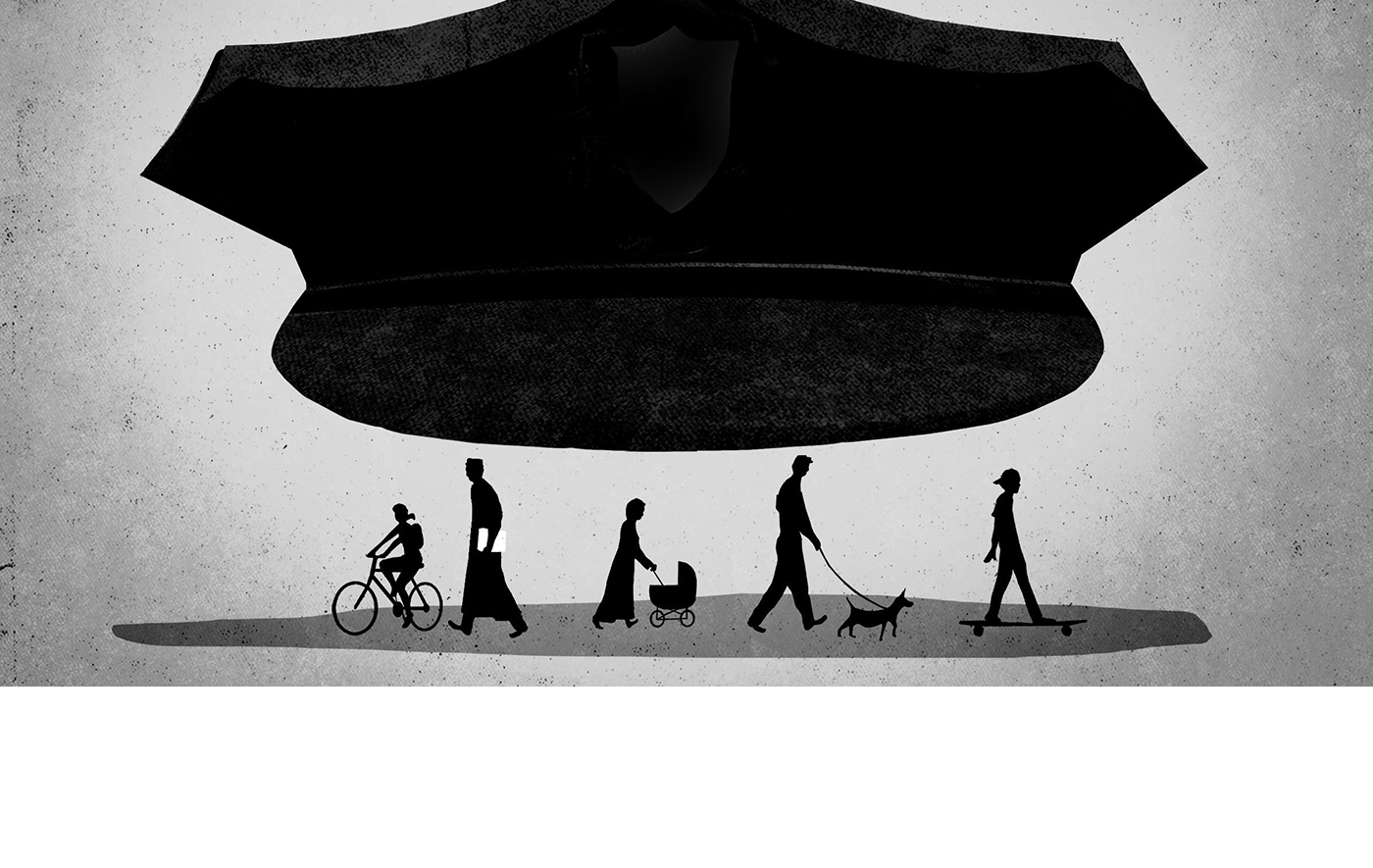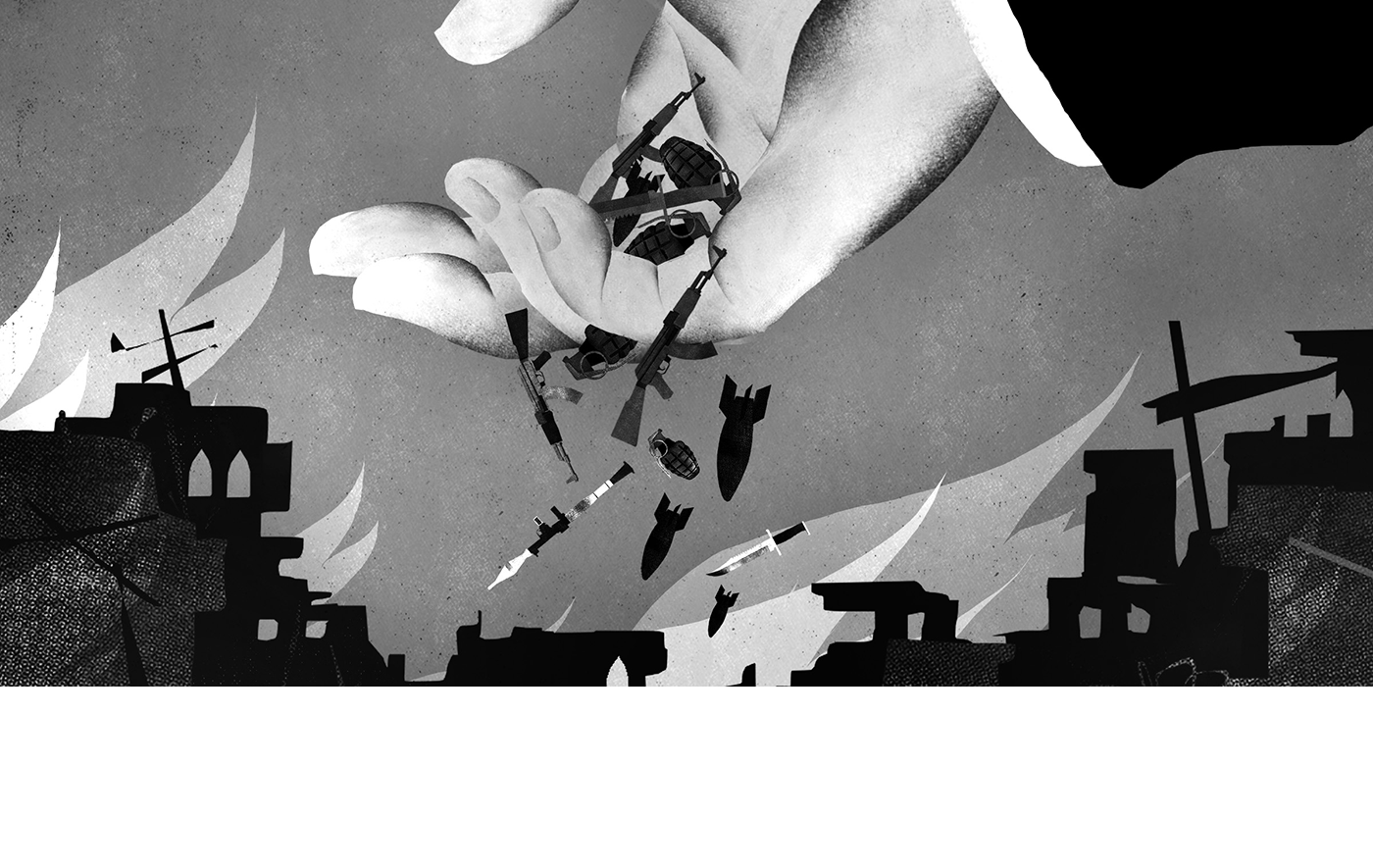A policy of summary returns and reinforced controls at Spain’s land border with Morocco in its North Africa enclaves appeared to result in migrants increasingly trying to reach Ceuta and Melilla by boat or swimming. The number of deaths along that route tripled to 45 in the first six months of 2016 compared to 2015.
There were several group attempts to scale the fences surrounding the enclaves, followed by summary returns, though fewer than in previous years. In July, Council of Europe Human Rights Commissioner Muižnieks urged Spain to adopt border procedures to prevent refoulement and collective expulsions. An ECtHR challenge to summary returns from Melilla in 2014 was pending at time of writing.
As of mid-November, Spain had relocated only 398 asylum seekers of the 9,323 it had committed to taking from Greece and Italy. While it pledged to resettle 1,449 refugees from other regions, at time of writing it had resettled only 279.
In April, the European Commission took the first step towards legal action against Spain for failure to protect consumers against unfair mortgage terms. In July, the EU Court of Justice advocate general recommended the court uphold a 2013 Spanish Supreme Court judgment preventing consumers from suing banks for interest paid on mortgages under rules subsequently declared unlawful; the EU court had yet to rule at time of writing.
In June, Spain’s Constitutional Court suspended a Catalan law with protections for those facing eviction from their homes, including for failure to mortgages, pending examination of an appeal by the central government.
In May, the ECtHR ruled Spain had failed adequately to investigate allegations of torture of a man suspected of affiliation with the armed Basque separatist group ETA, while he was held and interrogated in incommunicado detention.
At least one journalist was fined, in April, for publishing photographs of a police operation under a controversial 2015 public security law. There were several high-profile cases of charges against musicians, puppeteers, and activists for glorification of terrorism, including on social media, under strengthened provisions in the criminal code.
